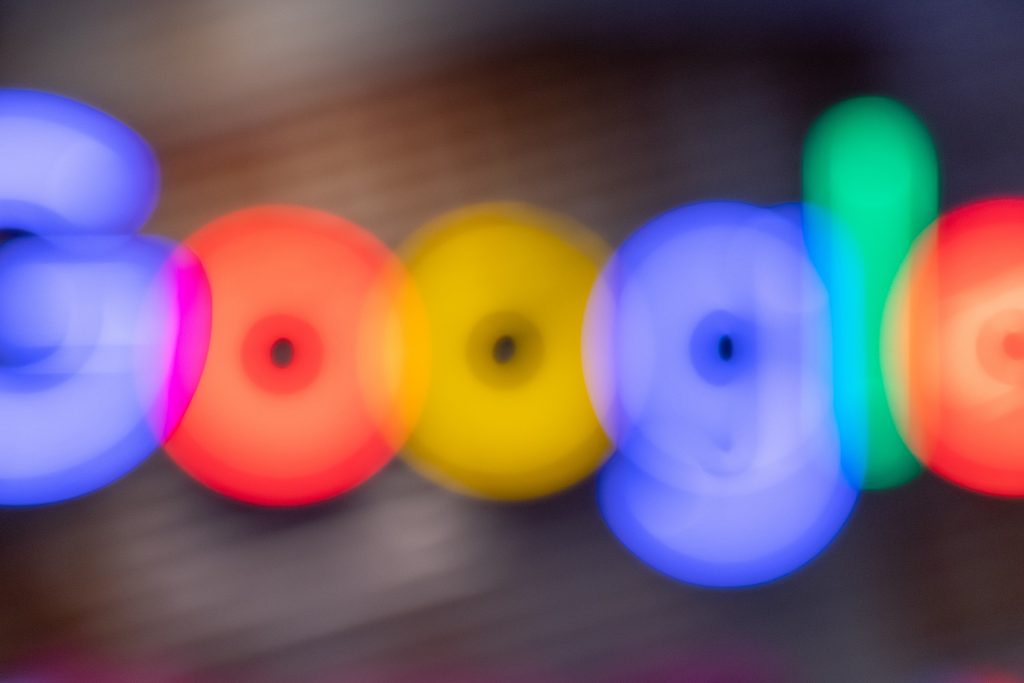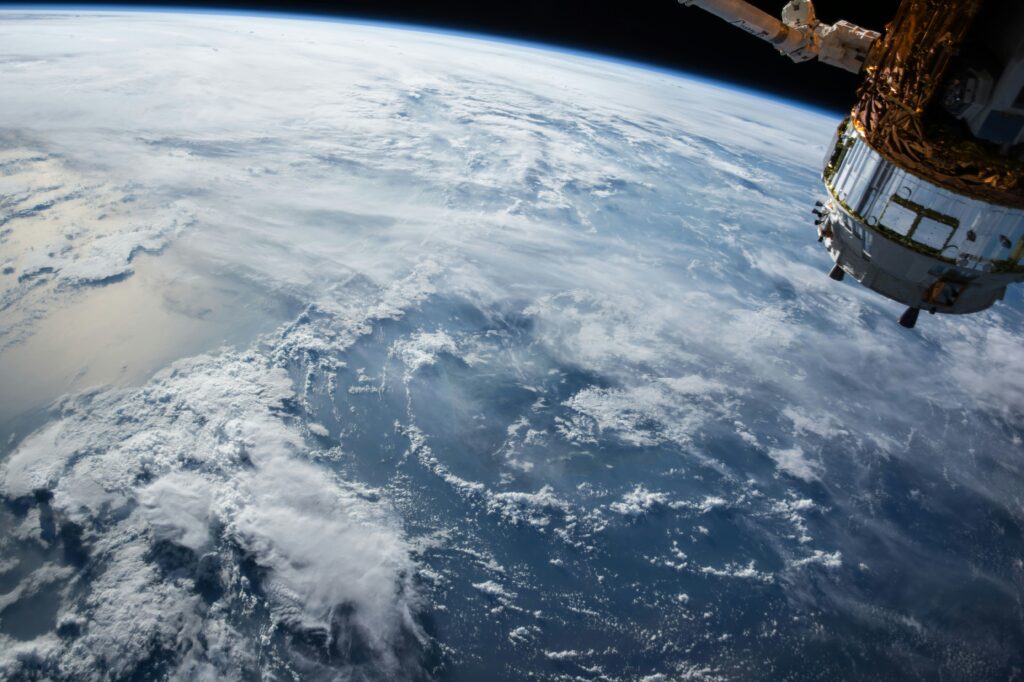Trying to get a straight answer on the implications and reasoning behind the Australian Government’s stand-up fight with Google and other social media providers is like getting blood from a stone.
The problem is that the whole deal is heavily tied to vested interests.
The Australian media landscape is a volatile place and here is a little history. Murdoch’s News Limited started buying up newspapers across the country in the late 1970s early 1980s, creating virtual media monopolies in major cities like Adelaide and Brisbane.
That situation was great for Murdoch and the few remaining newspaper groups, like the Fairfax papers (now owned by TV channel 9), who were at that time controllers of the so called “rivers of gold” classified advertising.
Of course, those days are well gone as advertising has moved online. Yet, the social media cohort were notably missing from the list of payees to the Copyright Agency (a body set up to collect fees from organisations which re-used journalists copy for their own uses), who used and re-used journalists’ work without paying a cent.
From the Government’s perspective there are a couple of issues: firstly – and a pretty important one for all Australians – multinational social media operators in many cases are avoiding paying much tax. The other issue is how to apply a fair regulatory environment so that the domestic marketplace is saved.
As a result, in November 2020, the Senate (the upper House in our Federal Parliament) began a media inquiry. Its terms of reference were to investigate the state of media diversity, independence and reliability in Australia and the impact that this has on public interest journalism and democracy.
This has resulted in the Australia Government backing the move for social media giants, such as Google and Facebook, to pay for content that they use, specifically, but not limited to, media content.
The Australian Competition & Consumer Commission (ACCC), the market regulator, plans to release the government initiative – the News Media Bargaining Code – that will require Facebook and Google to negotiate with local media bodies for the use of their content, and ultimately pay for it.
The proposed code has been described as unworkable by Facebook and Google, as it will force them into binding commercial agreements to pay up for content use or pay fines which could amount to as much as 10 per cent of their annual revenue.
At present there appears to be a stalemate on both sides with neither side backing down. Google is running a strong online campaign against the move and has threatened to withdraw its search capability from the Australian market if that goes ahead. Facebook boss, Mark Zuckerberg, met with the Australian Treasurer and Communication Minister to raise his “concerns” about the code.
At the end of the day, it has been said that the social media monopolies are stripping the media tree bare, killing off regional media diversity. Yet, there is no doubt that we need the search engine capability, as we have come to rely on it. That said, I have no doubt that, if it does go, someone will find a way to fill the gap. Stay tuned as we continue to follow closely and provide our clients with the latest to ensure they can continue to reach their target audiences with powerful storytelling.
UPDATE
The past week saw the deadlock break when online behemoth Google agreed to negotiate and pay some of the major media companies for their content. It was a deal between the big guys and the smaller publishers were left out in the cold. Facebook took another option.
Mark Zuckerberg, Facebook’s CEO, flicked the switch and blocked all Australian media content to the Facebook site, including emergency services, health and welfare sites and, more importantly, the sites co-ordinating the roll out of the COVID-19 vaccine. Australian Treasurer (Chancellor of the Exchequer), Josh Frydenberg, has been in negotiation with Zuckerberg, but so far to no avail.
So what does this mean for brands? It’s all a question of where the audience is, or where they move to. If you can reach your audience effectively with other channels such as Twitter then it could be worth shifting your channel focus. Google is also a powerful tool for smaller businesses, so if they continue to agree deals with news providers then a greater focus on SEO and Google ads, as well as YouTube, could be where brands look to get their message across.
But 17 million Australians visit Facebook every month, it’s a significant market and it’s the biggest social platform for news there. If it does decide to compromise eventually, then brands will likely return with the audience. It will be interesting to see if people do indeed stop using Facebook – despite recent trust issues it still has a large user base.
CONCLUDING STATEMENT
In the game of chicken between the Australian Government and Facebook, it was the US social media company that blinked first.
The stand-off, which saw Australian news coverage removed from Facebook over the past week, has been resolved after CEO Mark Zuckerberg agreed to go back to the negotiation table. With the Australian Government agreeing to some changes, Zuckerberg’s team have said they would agree to negotiate to pay for Australian media content.
A statement from the Australian Government stated: “The Government has been advised by Facebook that it intends to restore Australian news pages in the coming days.”
The trade off? Well, the Australian Government has agreed to make some changes to the section of the News Media Bargaining Code, which states that where parties could not agree on the price value of content, a Final Offer Arbitration would come into effect where an independent regulator would decide the price and the deal would then become law.
Facebook, in its media statement commented that it too was “pleased” an agreement had been reached with the Australian Government and that a number of its core concerns had been addressed.
It went on to state that, “As a result of these changes, we can now work to further our investment in public interest journalism and restore news on Facebook for Australians in the coming days.”
Greater investments in public interest journalist – that is something we can all get on board with.




